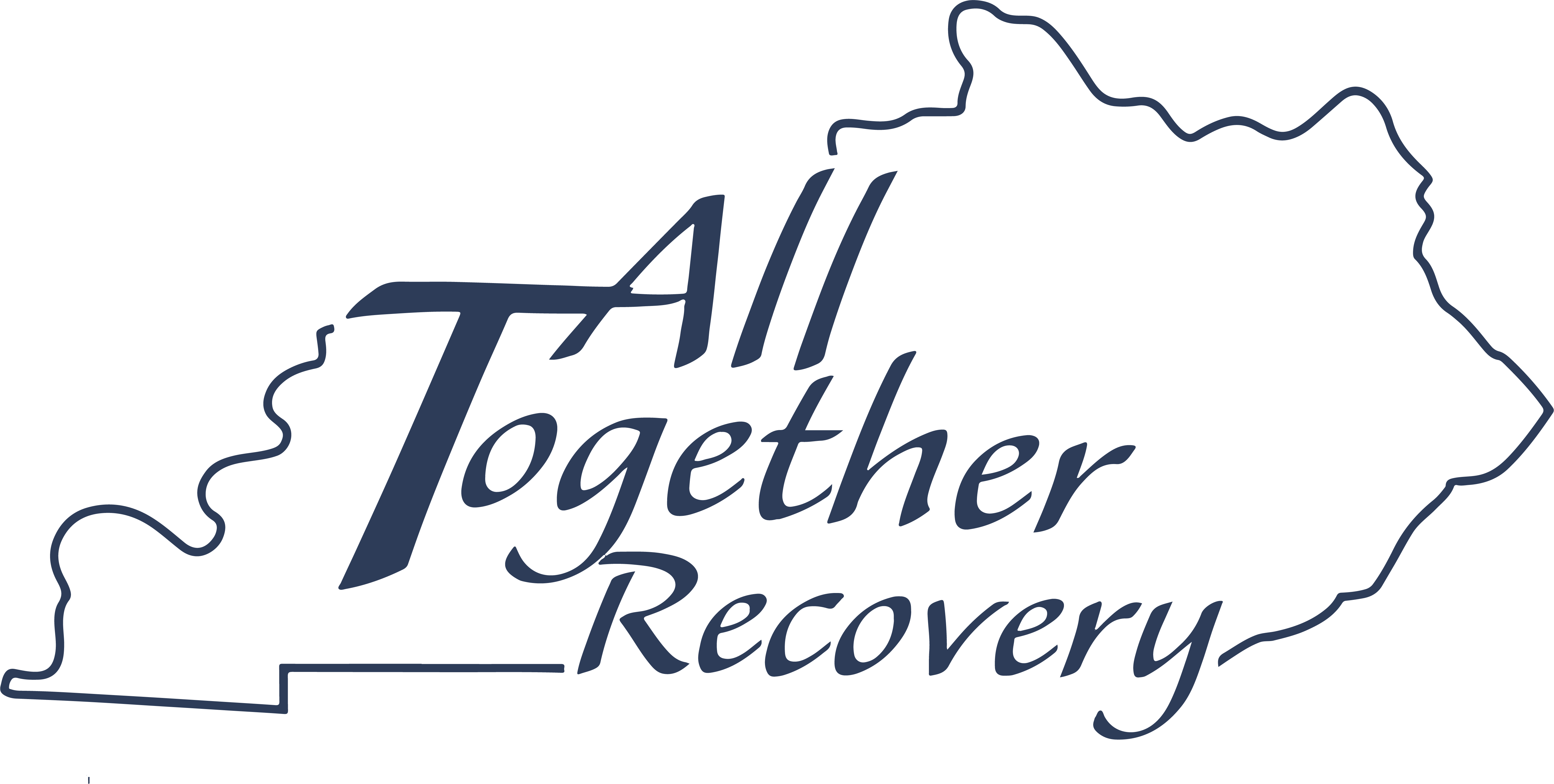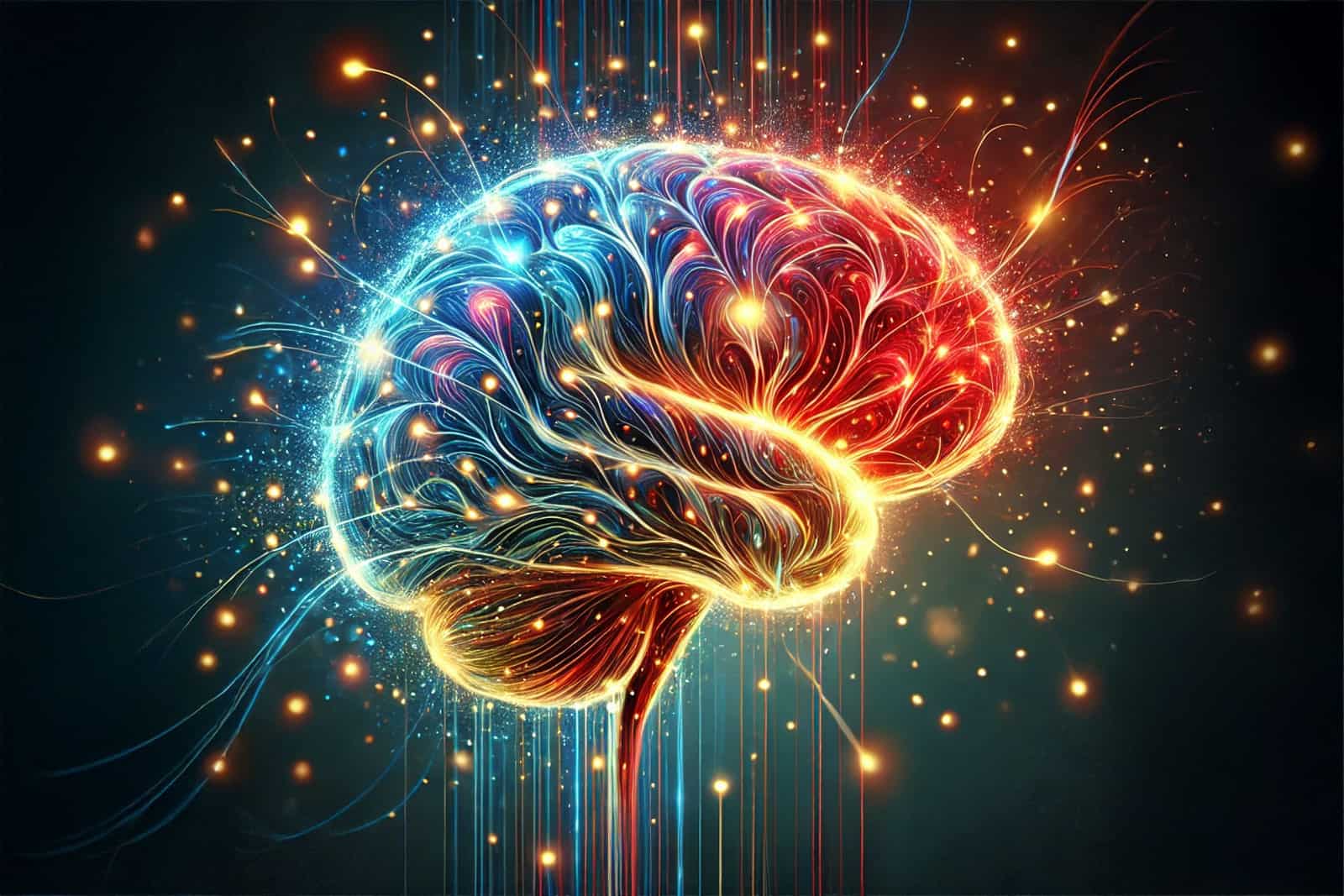Addiction is often misunderstood as only a matter of willpower or a character flaw. In reality, addiction involves a complex neurological condition that profoundly affects the brain. Understanding what happens in the brain during addiction can help demystify the struggle many face and highlight the importance of compassionate, science-based treatment.
How Addiction Starts: The Role of Dopamine
At the heart of addiction is the brain’s reward system, which is driven by dopamine, a neurotransmitter that makes us feel pleasure. When engaging in activities that are essential for survival—like eating or socializing—the brain releases dopamine as a reward. This reinforces the behavior, making us want to repeat it.
Substances like drugs and alcohol, as well as certain behaviors like gambling, hijack this reward system. They flood the brain with far more dopamine than natural rewards, creating an intense euphoria. Over time, the brain becomes accustomed to these surges, requiring more of the substance or behavior to achieve the same effect—a phenomenon known as tolerance.
Chronic Use: Changes in Brain Structure and Function
Repeated substance use doesn’t just affect dopamine levels; it alters the very structure and function of the brain. Key changes include:
-
Reduced Dopamine Production: With continuous substance use, the brain starts producing less dopamine or reduces the number of dopamine receptors. This makes it difficult to feel pleasure from everyday activities, a condition called anhedonia.
-
Hijacked Prefrontal Cortex: The prefrontal cortex, responsible for decision-making, self-control, and judgment, becomes less effective. This is why people struggling with addiction often make impulsive choices despite knowing the consequences.
-
Strengthened Triggers: The amygdala, which governs emotions and memories, strengthens the connection between environmental triggers (like people or places) and cravings. This is why certain cues can lead to relapse, even after long periods of abstinence.
Addiction as a Brain Disease
The changes in the brain caused by addiction are why it’s classified as a chronic brain disease. These changes can persist long after someone stops using, which is why recovery often requires ongoing support and treatment. While exerting one’s will power is important, it’s not always about a lack of effort or a moral failing—it’s about addressing the deep-seated neurological rewiring caused by addiction.
Can the Brain Heal?
The good news is that the brain has an incredible ability to heal. While the process can be slow, recovery is possible with the right treatment and support:
- Neuroplasticity: The brain can form new connections and pathways, helping to reverse some of the damage caused by addiction.
- Healthy Habits: Regular exercise, balanced nutrition, and mindfulness practices can promote brain healing and restore balance.
- Therapeutic Support: Behavioral therapies and counseling help rebuild decision-making and coping skills.
Getting Help
Recovery centers play a critical role in helping individuals reprogram their brains after addiction. Through a combination of evidence-based therapies, supportive environments, and holistic approaches, recovery centers provide the tools needed to reverse these changes and foster long-term healing. Here’s how:
1. Evidence-Based Therapies:
Clinics use proven therapeutic methods, such as Cognitive Behavioral Therapy (CBT), to help individuals identify and change negative thought patterns and behaviors. By practicing new, healthier coping mechanisms, the brain starts forming new neural pathways, gradually overriding old patterns linked to addiction. At All Together Recovery, the Start from Strength Trait-Based Model enhances this process by focusing on each individual’s unique traits, such as resilience, creativity, and leadership potential. This approach empowers clients to recognize and leverage their inherent strengths, fostering brain recovery and building confidence in their ability to overcome challenges.
2. Structured Routines:
Establishing a structured daily routine is essential in recovery. Consistent schedules that include healthy activities like exercise, meal planning, therapy sessions, and rest help reset the brain’s internal clock and promote stability. Over time, routines can strengthen areas of the brain responsible for self-control and decision-making.
3. Emotional Regulation:
Addiction often damages the brain’s ability to manage emotions effectively. Recovery centers teach emotional regulation techniques, such as mindfulness and stress management, to help individuals respond to triggers in healthier ways. This process helps repair the brain’s prefrontal cortex, which plays a key role in impulse control.
4. Peer Support and Community Connection:
Group therapy and peer support networks provided by recovery centers foster connection and belonging. Positive social interactions activate the brain’s reward system, reinforcing a sense of well-being without substance use.
5. Nutritional and Physical Health Support:
Good nutrition and regular physical activity promote the production of neurotransmitters like serotonin and dopamine, which are essential for mood regulation. Recovery centers provide education and support in maintaining a balanced diet and exercise routine, which can accelerate brain healing.
7. Gradual Exposure to Challenges:
Recovery centers help individuals rebuild their resilience by gradually exposing them to real-world situations, such as returning to work or rebuilding relationships. This process strengthens the brain’s ability to manage stress and adapt to new environments without the use of substances.
Here at All Together Recovery, we understand the profound effects addiction has on the brain and the body. Our programs are designed to address these changes with evidence-based treatments that focus on both neurological and emotional healing. From individual therapy sessions to holistic wellness practices, we provide the tools needed to rewire the brain for long-term recovery. If you or a loved one are ready to reclaim your life, contact us today to begin your journey to wellness.
Let’s Connect
start your journey
Ready to take the first step? Contact us today via our online form, phone, or email. Our admissions team is available 24/7 to provide support and answer any questions you may have.





